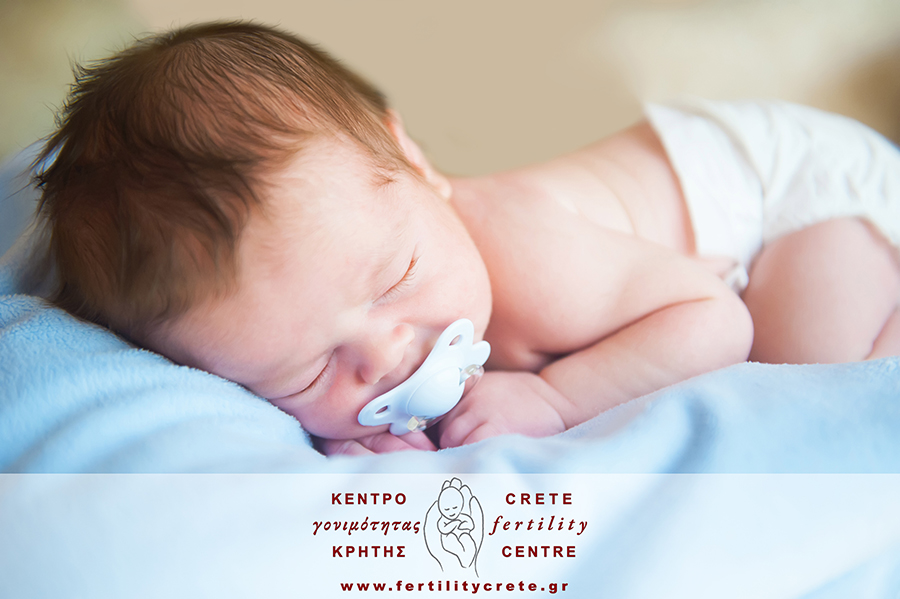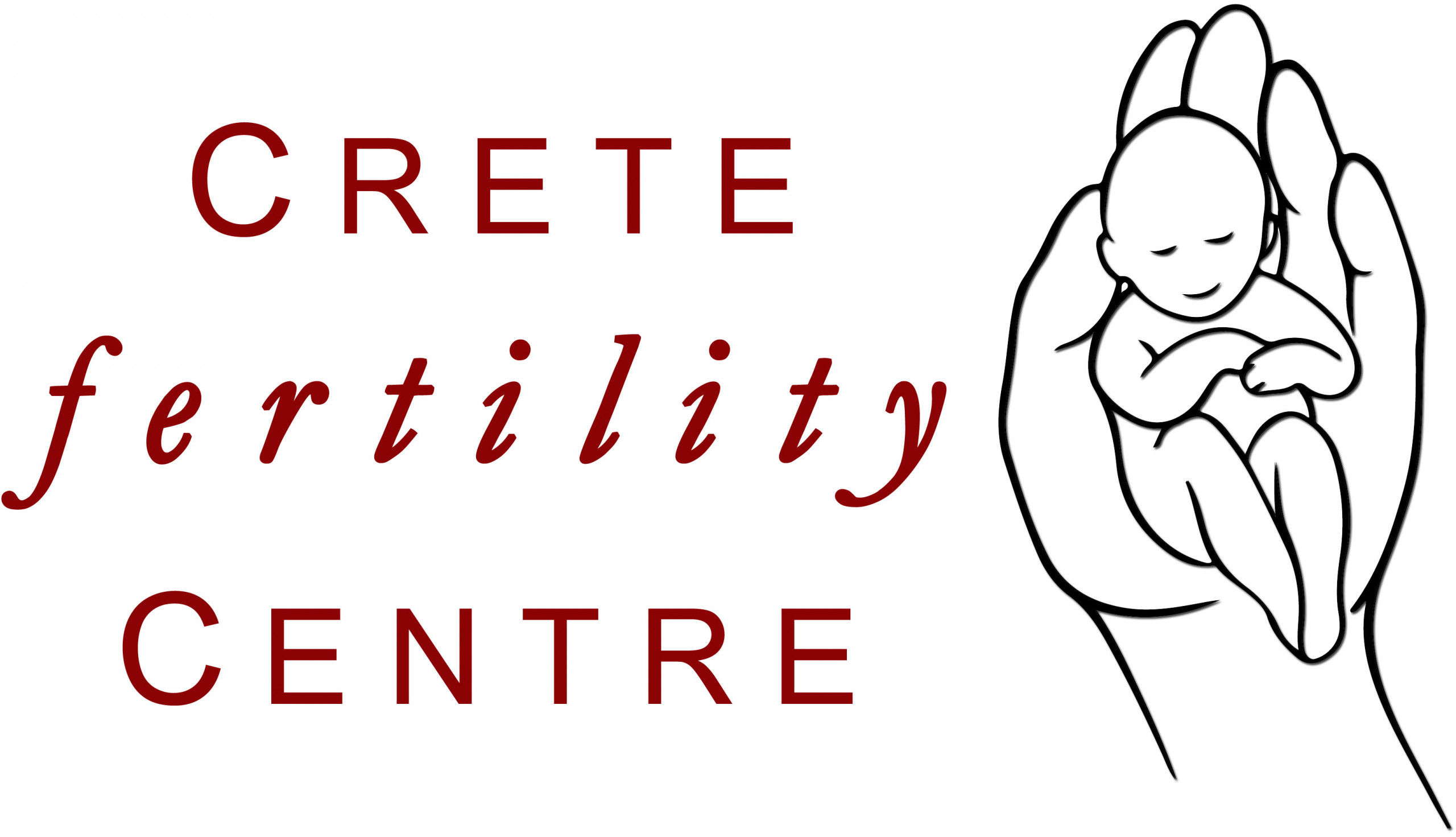Age does not increase risk of IVF or ICSI birth defects

Bearing a child at an older age does not increase risk of birth defects when the woman has received IVF or ICSI treatment to become pregnant, a recent study suggests.
“The implications are quite profound because the age of first birth is increasing for women around the world,’ Professor Michael Davies from University of Adelaide, Australia, and lead author on the study told New Scientist. ‘Instead of seeing more adverse events from the age of 35, it would be very interesting if we could extend that optimal reproductive period to the age of 40, for example.’
The study, which was published in the British Journal of Obstetrics and Gynaecology, was a retrospective cohort study looking at the impact of maternal factors, including age, smoking, and obesity, on 300,000 births from South Australia between 1986 and 2002.
Of women who conceived naturally, there was an increased risk for birth defects in women over the age of 35 compared to the younger groups, but this association was absent for older women who had received either IVF or ICSI treatment to conceive.
In fact, there was a reduced risk of birth defects in older women who underwent one of the two assisted reproduction treatments compared to younger women who received the same treatments. Although the difference in risk was not significant, the results are unexpected because higher age and IVF treatments on their own are known to increase risk of birth defects.
Professor Davies said a possible explanation to the findings could be that the drugs used in fertility treatments to stimulate ovulation may have a beneficial effect on the eggs of older women that is not present when the woman is younger. However, another explanation could be that IVF actually results in the same level of potential birth defects, but these pregnancies are simply less likely to survive in older women.
The team says that further research is required to clarify the results of this study and to identify any unknown factors that could have contributed to these results. Paternal factors were also not investigated.
Dr Peter Illingworth also called for caution in relying too much on the results from a single study, in particular when the results are surprising, and called for further research: “I don’t think there’s enough evidence yet to start telling older women who are doing IVF that they’re going to lower their chance of congenital abnormalities,” Dr Illingworth told New Scientist.
Source: http://www.ivf.net/ivf/age-does-not-increase-risk-of-ivf-or-icsi-birth-defects-o9605.html




